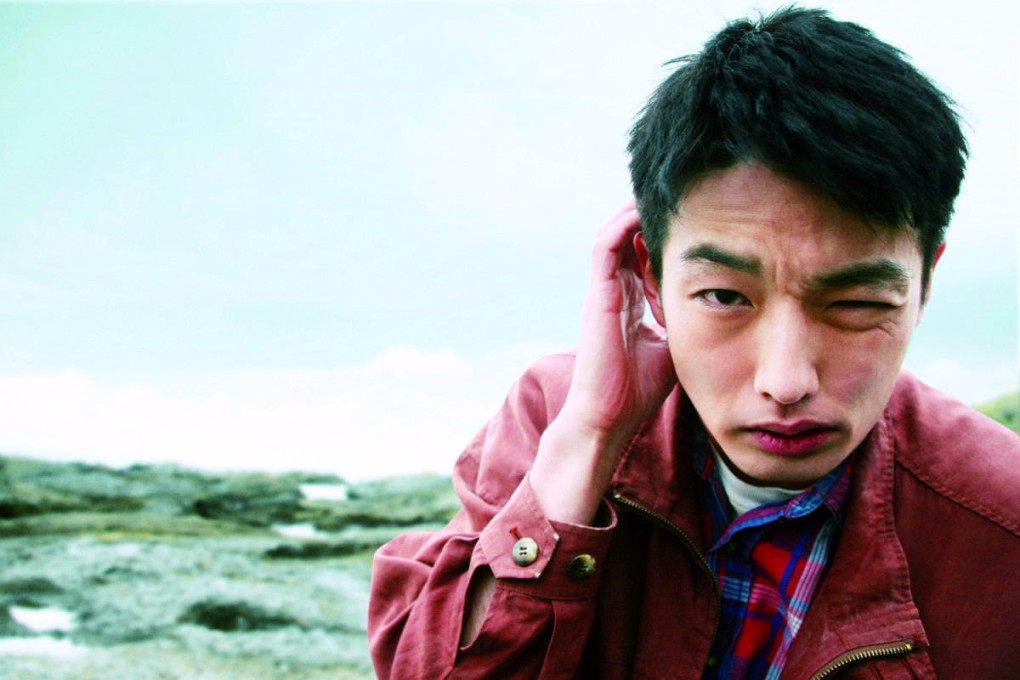
Most Japanese films that show up on a multiplex marquee are based on properties from other media, be they bestselling comics or hit TV shows. Original scripts are a hard sell, unless you are a Sion Sono, a Koki Mitani or another filmmaker who can sell tickets or win major festival invites - or both.
This is similar to the Hollywood pattern, but Japan's film industry differs in taking much of its inspiration from novels and short stories. This is hardly a new phenomenon: studios were mining literary material back in the silent days. Also, master directors such as Mikio Naruse (Floating Clouds), Akira Kurosawa (Rashomon) and Kon Ichikawa (The Makioka Sisters) based some of their best-known films on works of literature.
More recently, anime auteur Hayao Miyazaki took part of the story for his latest (and reportedly last) feature film, The Wind Rises, from a 1930s novelette about tragic love by Tatsuo Hori.
Despite inroads by the internet, Japanese publishers still churn out nearly 77,000 books annually. That means producers in search of novels for adaptations have a lot to choose from, but they focus, inevitably, on the bestsellers and classics.
In addition to The Wind Rises, other adaptations released so far this year include The After-Dinner Mysteries, a hit film derived from a popular TV show that itself was inspired by Tokuya Higashigawa's mystery novel series.
Another is Platinum Data, a futuristic thriller based on a popular novel by Keigo Higashino, whose work has been made into 15 films to date, including two Korean remakes of Japanese originals. Yet another is Shield of Straw, Takashi Miike's take on Kazuhiro Kiuchi's 2004 thriller about a child killer in police custody who has a huge reward put on his head by the victim's grandfather.